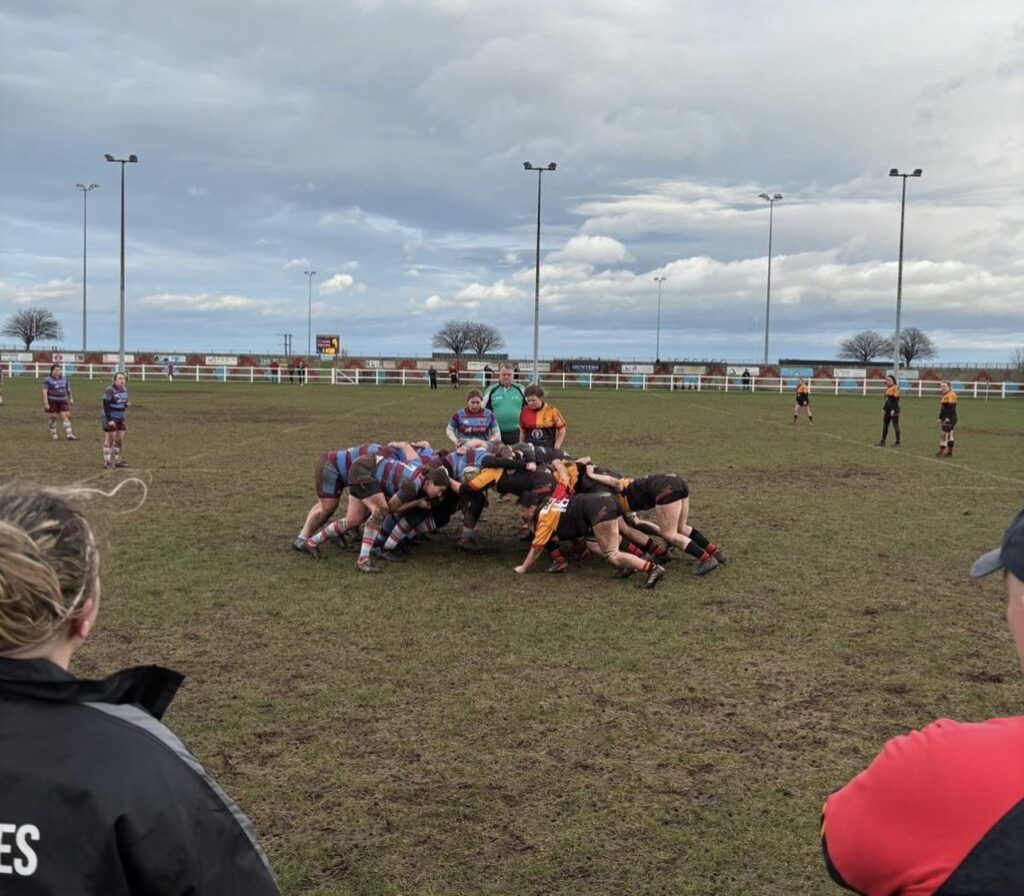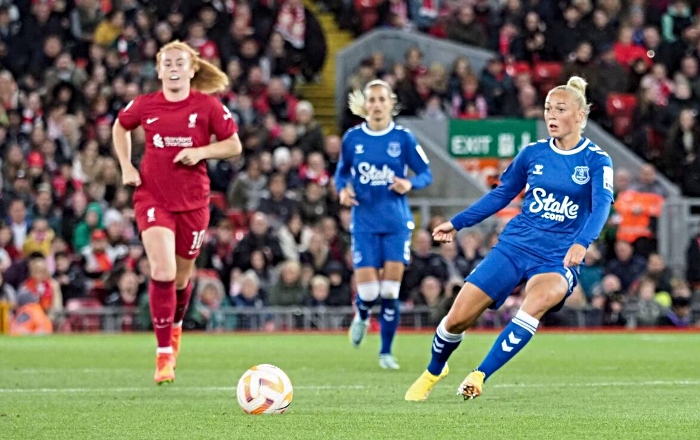With the growth of women’s sport, the health of female athletes is finally coming into the spotlight. From ACL injuries, hormonal cycles, and pregnancy the focus is turning to how we can help these athletes get the most out of their bodies to improve sporting performance.
The menstrual and hormonal cycles, and the changes women go through, can affect a female athlete’s performance drastically. The figures are stark. Over 60% of women’s performances are affected by their cycle. In addition, 87% of female football players perceived reduced power and an increase of fatigue during menstruation with 66% thinking their reaction and recovery time were affected.
However, this research excludes nearly half of women in sport as most studies exclude anyone on contraception, due to the numerous methods of contraception. Dr Elliott Sale said it’s “making homogenous comparisons almost impossible.”
Dr Sale studied the effects of contraception on athletic performance and recommends that every exercising female should take a more individual approach to hormonal contraceptive use. To do so they should “freely discuss the effects of their hormonal contraceptives on their performances with their coaches and should actively seek medical advice on the most appropriate type of hormonal contraceptive to use for their own health-related need.”
However, to be able to do this, the athletes need access to coaches and physios who specialise in women’s health. Top professional athletes are only just starting to get this treatment, so hope for anyone else isn’t promising.

Southport Rugby Football Club Women’s team is one of the lucky few amateur teams to have a specialist physiotherapist in women’s health.
Lara Grant started working with the team this season, after covering a shift last year. She noted that whilst a specialist wasn’t essential, expert insight is always useful.
She said: “I think it helps to have a member of the sports team who specializes in women’s health as I can give advice, education and signpost to support in an area that not many physios have a depth of knowledge in.
“I am more comfortable speaking and addressing issues that are maybe thought as scary or embarrassing to people.”
She is taking hope from the fact international teams are starting to invest in their players’ wellbeing. England Rugby has recently released publications encouraging clubs to take menstrual cycles and pelvic health more seriously and recognize how it can impact players’ performances.
Grant said: “I think this is exciting as we are hopefully starting to provide more insight into this important aspect of our bodies that often gets overlooked.”
England aren’t the only side to take action. The Welsh Rugby Union are “driving some pioneering health incentives to improve their wellbeing and performance”. Head Physio Jo Perkins has been at the forefront of the drive.
Her statement to the WRU says: “We need to acknowledge the importance of a menstrual cycle to start with. Many women especially younger girls may think it’s quite convenient not to even have a period, but periods are a vital sign of female health and not only that, but we now know how to use a menstrual cycle to our advantage.”
The WRU use an app called FitrWoman to tracks players’ cycles, enabling them to tailor their training and nutrition around certain times in the cycle “to achieve gains in the gym and on the pitch.”
Not only are they focusing on the hormonal and menstrual cycles, but also recognising the difference in the biomechanics of the female body compared to men.
Perkins added: “We are also addressing female-specific injury prevention. This includes strength and balance work in lower limbs to prevent anterior cruciate injuries for example.”

Anterior Cruciate Ligament (ACL) injuries have proven to be a real issue for sportswomen. The issue has been highlighted in women’s football in particular. Between 25 and 30 top level internationals – enough to make up an entire squad – missed the 2023 World Cup because of an ACL injury.
Women are 10 times more likely than men to tear their ACL. Research by the University of Texas has found links to the menstrual cycle claiming that the highest risk of ACL injury is on the first two days of ovulation.
Athletes have taken matters into their own hands. Dame Jessica Ennis-Hill created the app, Jennis, for athletes giving them “access to pioneering research and technology on how to enhance their performance during each stage of their menstrual cycle.”
The app stemmed from the hormonal changes Ennis-Hill went though at the latter stages of her career after her pregnancy. It wasn’t until this point that she had considered the affect of menstrual cycles.
She told Sky Sports: “When I was in the thick of the career, there was very much a focus on nutrition, psychology, biomechanics, all those different elements. There was an awareness around menstrual health, but there was never a real focus.”
Maternity leave and pregnancy in the industry have come a long way since Ennis had her first child. Institutions have been forced to address the issue and the RFU’s maternity policy has paved the way for women to have families without giving up their dream.
Abbie Ward was the first Red Rose to benefit from the program. Just 17 weeks after giving birth to her daughter, she returned to the Bristol Bears Squad. Not only was she named in the starting IX for the season opener, but scored a try, coming back with a bang and proving it can be done.
Opportunities like these are happening for some women because they are finally getting the specialist treatment they need to thrive. It was, however, the lack of opportunity which encouraged Southport physio to pursue her interest, to benefit others.
Grant explained: “The reason I have chosen the speciality of women’s health stemmed from always having an interest in this area of the body, but it was never taught on my university course and no placements were offered.
“Women’s health is often not well discussed due to the public making it a taboo subject. I think being a women’s health physio is empowering as I get to help women learn about their body and positively impact their quality of life for now and their future.”

















